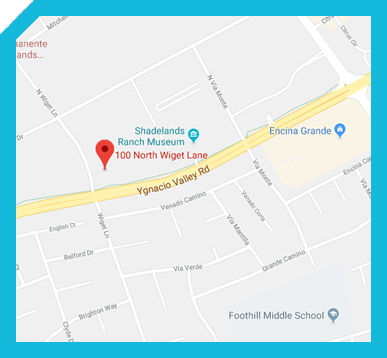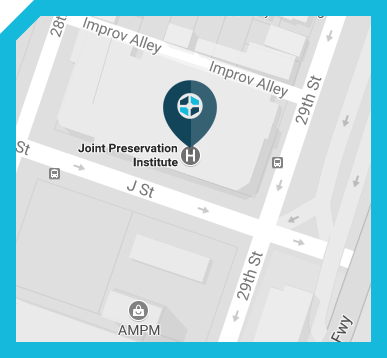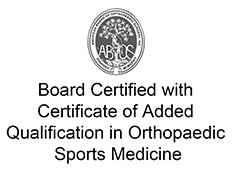
Orthopedic surgery is the field of medicine dealing with decreasing pain and improving function of the muscles and bones of our body. Occasional minor knee pain is very common and does not usually require the services of an orthopedist. Icing, rest and elevating the leg will generally take care of most aches and pains. Having additional symptoms or a duration longer than two to three weeks is a red alert that the knee needs medical attention. There are some particular scenarios that do require immediate attention. For example, sudden pain, swelling, limp and a high fever are seen when joint is infected. If you come across these types of symptoms, you should seek immediate medical attention. However, most aches and pains are relatively minor and may need over-the-counter treatments.
Persistent Pain
In the absence of a trauma to the knee, pain can come from sprains of the joint which are usually injuries to the ligaments. The ligaments are thick bands of tissue that are like ropes and connect our bones to one another. If the joint is jarred in a certain way, these ligaments can stretch or tear. If is just a minor stretch, it can be a source of pain. If it is a complete tear, the joint can become unstable. An unstable joint is a joint that gives way and is not supportive because it is structurally not strong due to a ligament injury. Tendons are the ropelike structures that attach our muscles to our bones. The tendons can also tear or stretch from a minor trauma. A torn tendon can lead to an unstable joint because the muscle that stabilizes it no longer is attached across the joint. Ligament and tendon injuries can cause pain with walking and climbing stairs. Severe tears are often accompanied by a distinct event as well as other factors like swelling and bruising. Any discomfort lasting more than three to four weeks merits a visit to the doctor. This can be a visit to your primary care physician, a sports medicine physician or an orthopedic surgeon. Most visits to orthopedic surgeons are for more severe injuries such as those with a truly unstable joint or with a high energy accident.
Instability or Weakness
If your knee gives out or feels wobbly or weak, see your doctor right away. As a rule, such instability points to a tendon or ligament issue. Some of these may need urgent attention with bracing or with surgery. Additional falls can lead to further damage to your body.
Inability to Straighten the Knee
Any reduced range of motion, such as the inability to straighten the knee, calls for a professional evaluation. Do not wait if you cannot bend or straighten your leg. This could mean an injury to the patellar or quadriceps tendon, a meniscus tear or a ligament tear. Instead, see a doctor as soon as possible.
Inability to Support Weight or Joint Deformity
If you are having trouble supporting your weight or have developed a joint deformity, this may indicate a serious knee injury.
Numbness
Numbness in the knee or the rest of the leg is not normal. If you develop this symptom, particularly after a fall, you should see your doctor.
Contact Us
If you are experiencing knee problems, contact the Joint Preservation Institute today by giving us a call, or email us at our office in Sacramento or the San Francisco Bay Area. After diagnosis, Dr. Jamali will discuss your knee treatment options.




 Signs You Should See an Orthopedic Specialist for Your Knees
Signs You Should See an Orthopedic Specialist for Your Knees 








